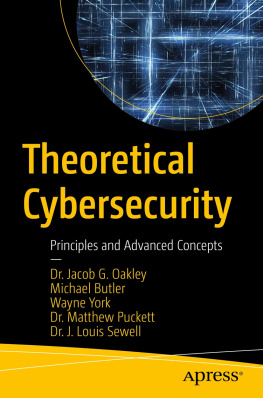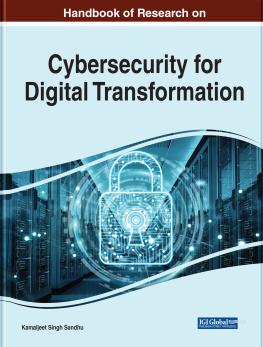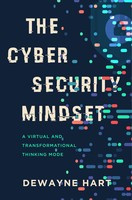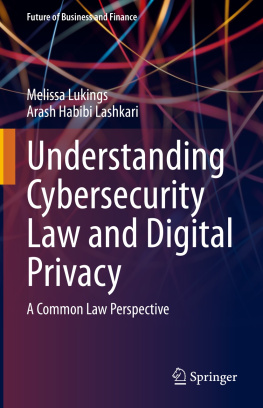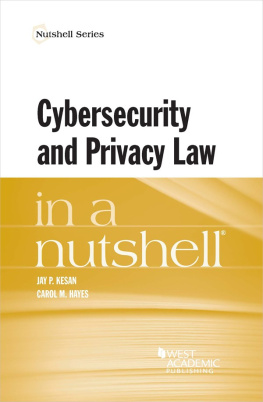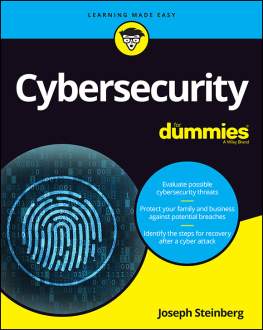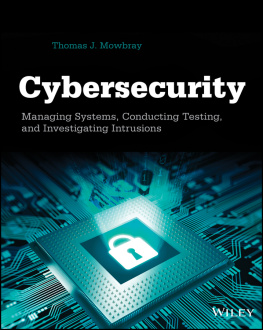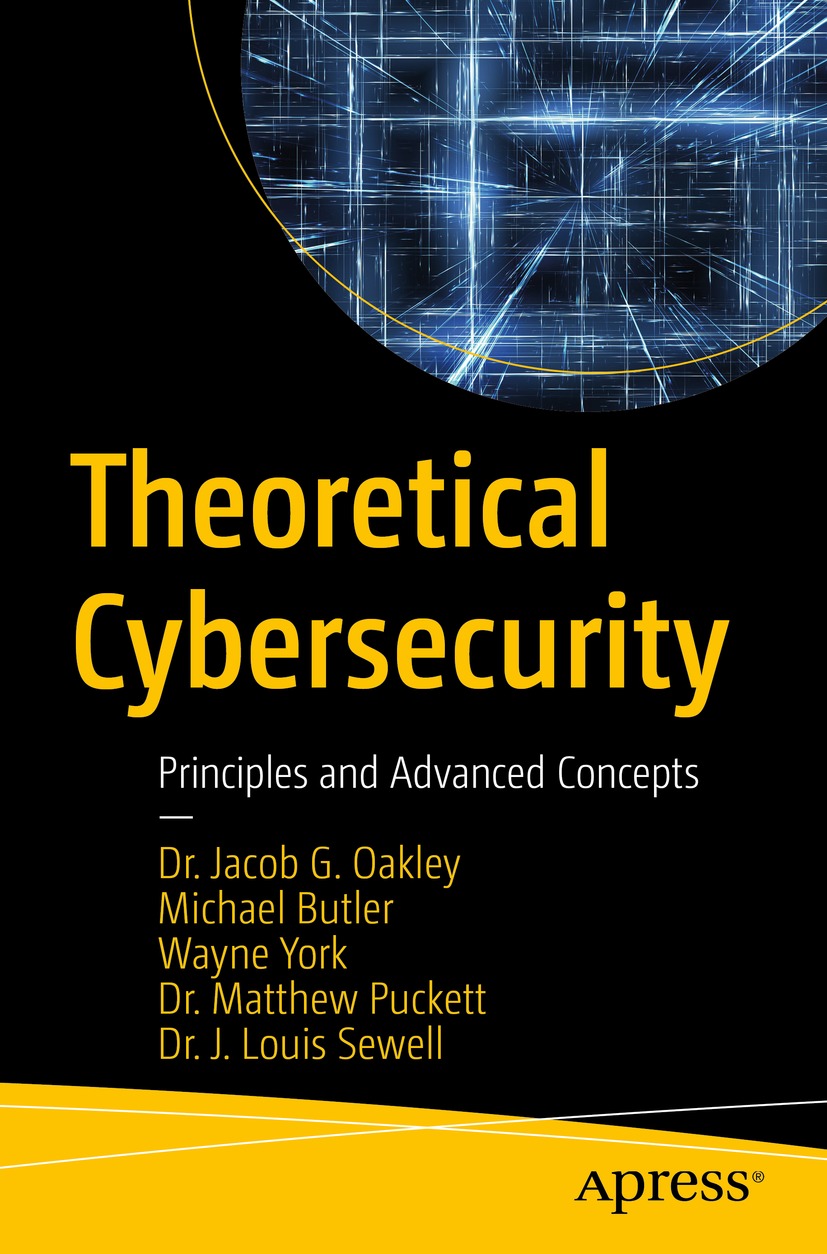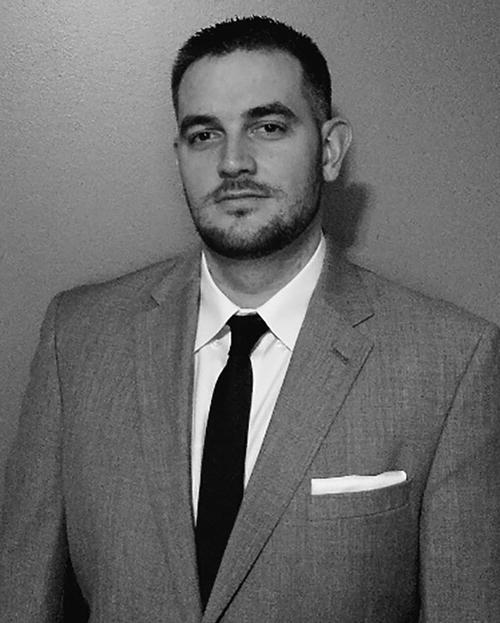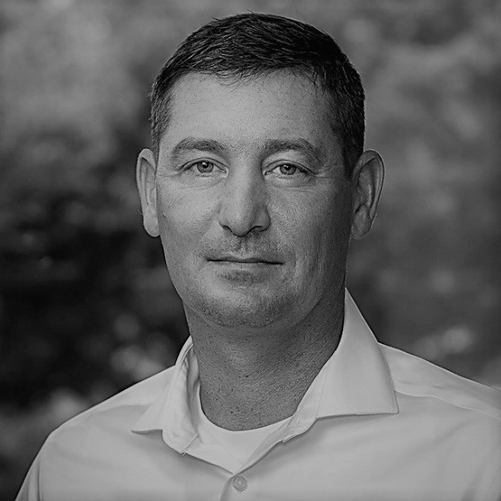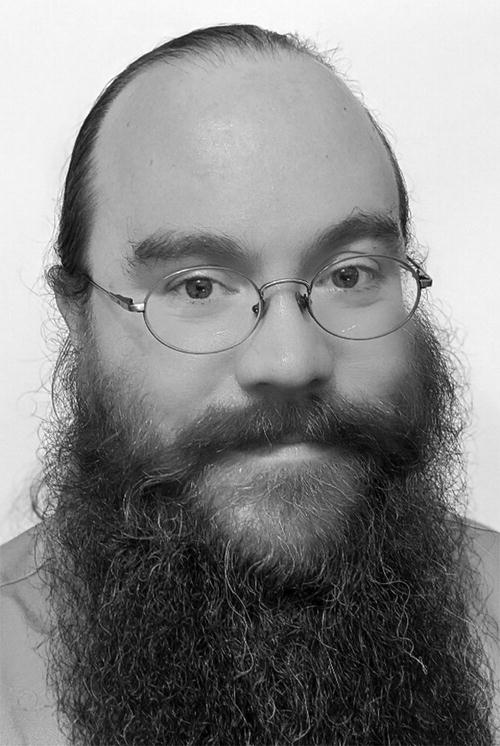Jacob G. Oakley , Michael Butler , Matthew Puckett , Dr. J. Louis Sewell and Wayne York
Theoretical Cybersecurity
Principles and Advanced Concepts

Logo of the publisher
Dr. Jacob G. Oakley
Owens Cross Roads, AL, USA
Michael Butler
Arlington, VA, USA
Matthew Puckett
Huntsville, AL, USA
Dr. J. Louis Sewell
Huntsville, AL, USA
Wayne York
Owens Cross Roads, AL, USA
ISBN 978-1-4842-8299-1 e-ISBN 978-1-4842-8300-4
https://doi.org/10.1007/978-1-4842-8300-4
Dr. Jacob G. Oakley, Michael Butler, Wayne York, Dr. Matthew Puckett, Dr. J. Louis Sewell 2022
This work is subject to copyright. All rights are solely and exclusively licensed by the Publisher, whether the whole or part of the material is concerned, specifically the rights of translation, reprinting, reuse of illustrations, recitation, broadcasting, reproduction on microfilms or in any other physical way, and transmission or information storage and retrieval, electronic adaptation, computer software, or by similar or dissimilar methodology now known or hereafter developed.
The use of general descriptive names, registered names, trademarks, service marks, etc. in this publication does not imply, even in the absence of a specific statement, that such names are exempt from the relevant protective laws and regulations and therefore free for general use.
The publisher, the authors, and the editors are safe to assume that the advice and information in this book are believed to be true and accurate at the date of publication. Neither the publisher nor the authors or the editors give a warranty, expressed or implied, with respect to the material contained herein or for any errors or omissions that may have been made. The publisher remains neutral with regard to jurisdictional claims in published maps and institutional affiliations.
This Apress imprint is published by the registered company APress Media, LLC, part of Springer Nature.
The registered company address is: 1 New York Plaza, New York, NY 10004, U.S.A.
Any source code or other supplementary material referenced by the author in this book is available to readers on the Github repository: https://github.com/Apress/Theoretical-Cybersecurity. For more detailed information, please visit http://www.apress.com/source-code.
Disclaimer
This book is strongly opinionated based on the experience of cybersecurity professionals with roughly 50 years combined between them and ranging across all categorical job functions and facets of the field. It is intended as an introspection regarding the body of work that is cybersecurity. It is also intended as a thought experiment to push those who read it toward a more theoretical approach to cybersecurity. By this, I mean not the theoretical conception of technologies that are used by cybersecurity professionals, but instead theoretical exploration of the craft itself.
Hard and sweeping issues within the field of cybersecurity will be identified, and hard questions posited in this book. Admittedly, a lot of answers will not be forthcoming. The reason for this is twofold. Firstly, answers can become dated, opinionated, and situational, so to avoid obsolescence, they will be brought up as concepts instead of detailed how-tos. As such, this book prefers to give the reader the ability to question and theory-craft in the cybersecurity domain rather than provide answers. Second, I like books that can be read front to back and have concepts that a reader walks away with, not a tool based how-to solution or operational guide that holds the readers hand. Also, those books tend to be very heavy and long.
This is not to say that those types of text are not without their merit. For those breaking into the craft of cybersecurity they are great resources. This is instead aimed at those who have some experience in or are working with cybersecurity and aims to provide the basis for further theoretical exploration and introspection on cybersecurity.
Much in this book may be contentious to some readers. We are all professionals with varying levels and areas of experience across the cybersecurity field as well as others. I encourage disagreement with points that may be made or explorations of cybersecurity contained herein. All I ask is that if you read a chapter or a topic and disagree with the point being made, you explore your argument defensibly and thoroughly. If after doing so, you arrive at a conclusion that what is written in this book is incorrect, I urge you to take the time to communicate that to other professionals as widely as possible so that the rest of the field may be the better for your own thought experiment of thoroughly contending what has been stated in the following chapters.
About the Authors
Jacob G. Oakley
is a cybersecurity author and subject matter expert with 16 years of experience focusing on strategic enterprise-level cybersecurity architectures as well as offensive cybersecurity operations within government and commercial sectors. His previous technical books, Professional Red Teaming, Waging Cyber War, and Cybersecurity for Space, are also published by Apress.
Michael Butler
is a cybersecurity subject matter expert with 12 years of experience focusing on building, developing, and leading teams of ethical hackers. He is a primary instructor and developer of an offensive cloud security course taught both privately and at Blackhat conferences in the United States, Europe, and Asia. He has previously collaborated with Dr. Oakley as the technical reviewer for Professional Red Teaming.
Wayne York
is a cybersecurity technical editor and subject matter expert with 18 years of experience focusing on offensive cybersecurity operations and program protection within government and commercial sectors. His previous technical edited book is Waging Cyber War by Dr. Oakley, published by Apress.
Matthew Puckett
is a mathematics professor and former software engineer. His areas of interest include theology, cognitive science, and artificial intelligence. His hobbies include chess, where he is currently one of the top 300 players in the United States (according to FIDE).
J. Louis Sewell
is a mathematician trained in Graph Theory. As Technical Fellow of a Huntsville, AL, technology company, he develops enduring solutions to critical infrastructure challenges in government and civilian sectors. Professionally and personally, he has a special interest in artificial intelligence ethics, infinite game dynamics, and the role of personal experience in the philosophy of science.

